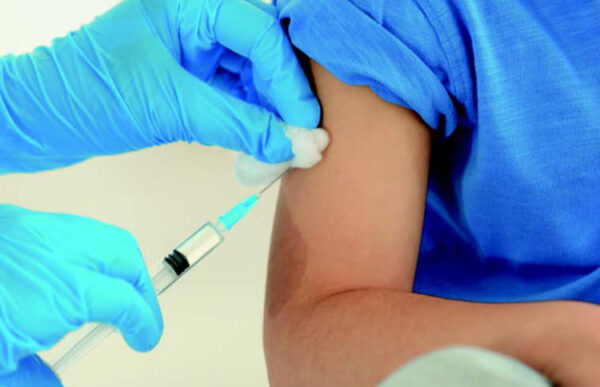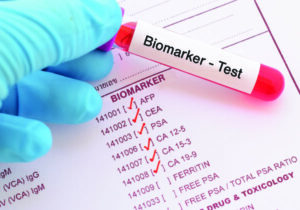The typhoid menace – and how to get the better of it
2 min read
typhoid menace
Typhoid occurs wherever there is contaminated food and water. This article explores simple ways of typhoid prevention.
It starts with a fever, then progresses to a headache, chills and abdominal pain. Typhoid fever is a nasty illness to get – and to think that good personal hygiene and maintaining highest hygiene in food and drink can keep it at bay!
What causes typhoid?
Typhoid fever is typically caused by the Salmonella Typhi bacteria. Contaminated food and drinks are major carriers of this bacteria. It naturally follows that if you consume food or water contaminated with this bacterium, then you may contract the illness.
The illness shows symptoms like high fever, constipation or diarrhoea, abdominal cramps and/or pain, and headaches when the fever rises. Typhoid is normally not seen in areas where the standards of hygiene are higher, or in areas where the public distribution and sale of food and beverages is tightly controlled and monitored by civic authorities.
Since water is a carrier for the bacteria, typhoid has the potential to become an endemic problem if the main water lines are contaminated. It spreads rapidly between humans too, when an infected person is in close proximity to others.
Typhoid prevention: Important measures to adopt
As mentioned above, typhoid fever is normally caused by consuming contaminated food or water. In terms of effective typhoid prevention, do follow these steps:
* Do not eat street- or restaurant food in areas where there is a typhoid outbreak.
* Do not drink unfiltered water. Make sure that the water you drink is bottled mineral water, or boiled at home for 15 minutes.
* Keep away from people who are suffering from typhoid. Do not share their lunch or water.
* See your doctor if you suspect that you are suffering from typhoid. Do not venture out or keep in close contact with anyone else till you are fully recovered.
* Wash your skin clean with antibacterial soap if you have been swimming in communal swimming pools, or using a common shower area at the gym or health club.
What is the personal hygiene required for typhoid prevention?
Simple steps like washing your hands often with Dettol antibacterial soap can break the cycle of typhoid bacteria transmission.
- If you happen to touch contaminated food or a surface contaminated with dirty water, you should either use a hand sanitiser right away or wash your hands with a good antibacterial soap.
- Do not handle raw food with unwashed hands, or prepare food with dirty hands. Every time you eat using your hands or do the dishes, do wash your hands with antibacterial soap.
- Ditto for the times you visit the restroom.
- Drink plenty of water to flush out the system in case you suspect that you may have got typhoid, or if you belly feels bloated or constricted after a meal. If you have been eating at home, check the food preparation surfaces and implements, and disinfect them thoroughly with antiseptic liquid.






